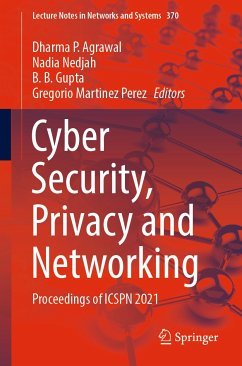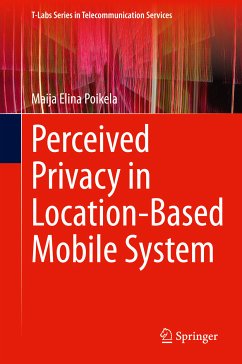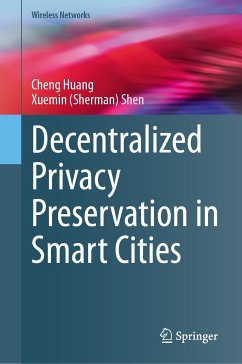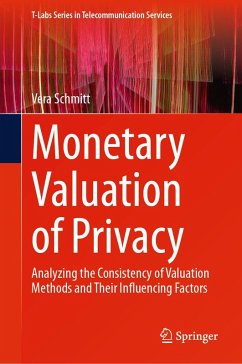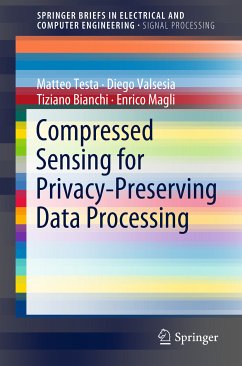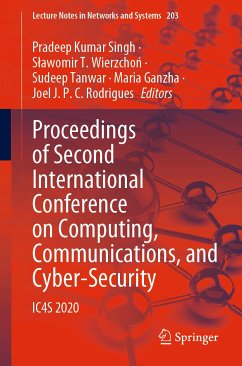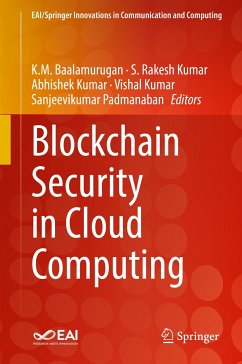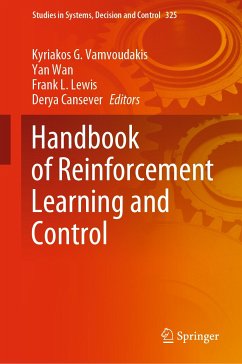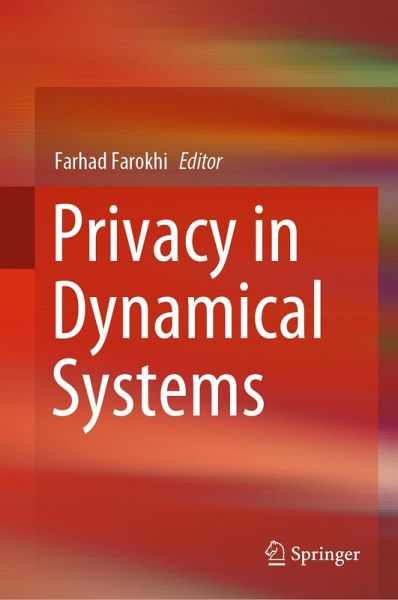
Privacy in Dynamical Systems (eBook, PDF)
Versandkostenfrei!
Sofort per Download lieferbar
64,95 €
inkl. MwSt.
Weitere Ausgaben:

PAYBACK Punkte
32 °P sammeln!
This book addresses privacy in dynamical systems, with applications to smart metering, traffic estimation, and building management. In the first part, the book explores statistical methods for privacy preservation from the areas of differential privacy and information-theoretic privacy (e.g., using privacy metrics motivated by mutual information, relative entropy, and Fisher information) with provable guarantees. In the second part, it investigates the use of homomorphic encryption for the implementation of control laws over encrypted numbers to support the development of fully secure remote e...
This book addresses privacy in dynamical systems, with applications to smart metering, traffic estimation, and building management. In the first part, the book explores statistical methods for privacy preservation from the areas of differential privacy and information-theoretic privacy (e.g., using privacy metrics motivated by mutual information, relative entropy, and Fisher information) with provable guarantees. In the second part, it investigates the use of homomorphic encryption for the implementation of control laws over encrypted numbers to support the development of fully secure remote estimation and control. Chiefly intended for graduate students and researchers, the book provides an essential overview of the latest developments in privacy-aware design for dynamical systems.
Dieser Download kann aus rechtlichen Gründen nur mit Rechnungsadresse in A, B, BG, CY, CZ, D, DK, EW, E, FIN, F, GR, HR, H, IRL, I, LT, L, LR, M, NL, PL, P, R, S, SLO, SK ausgeliefert werden.



